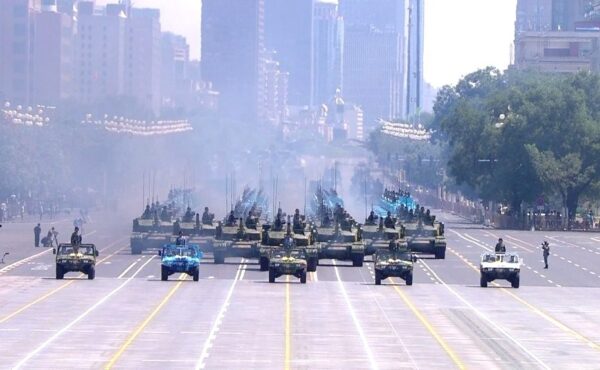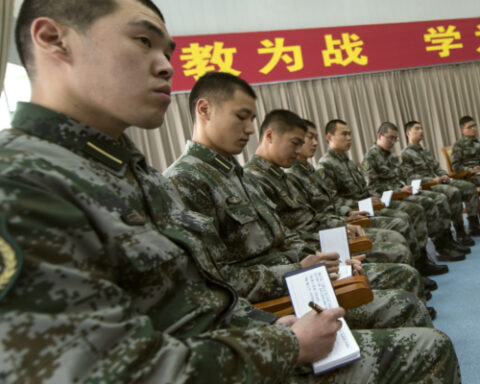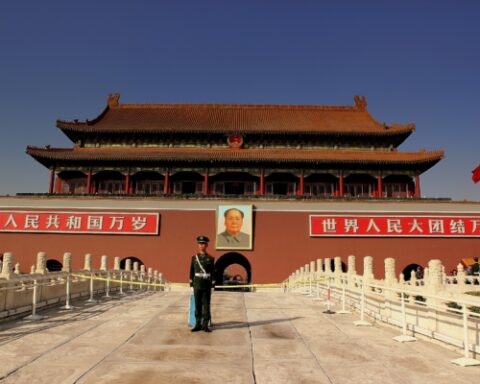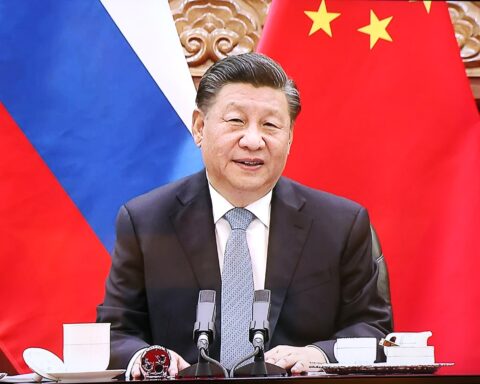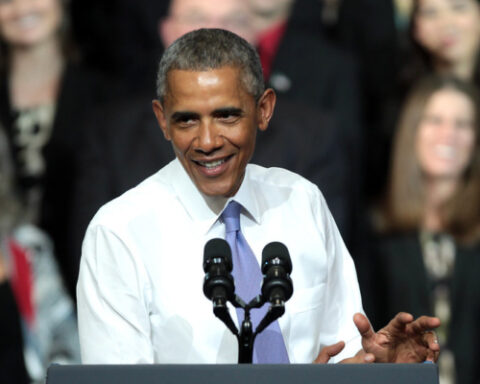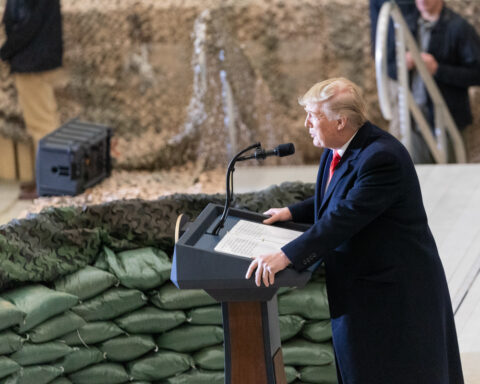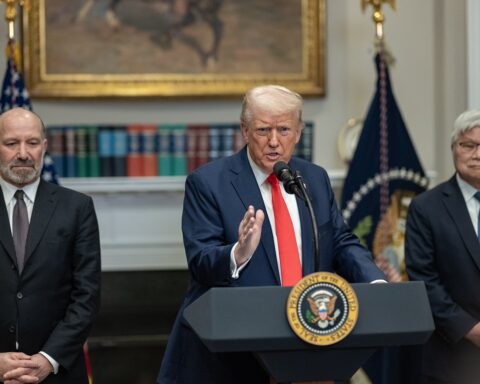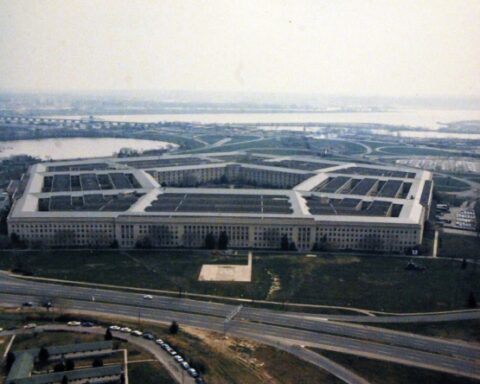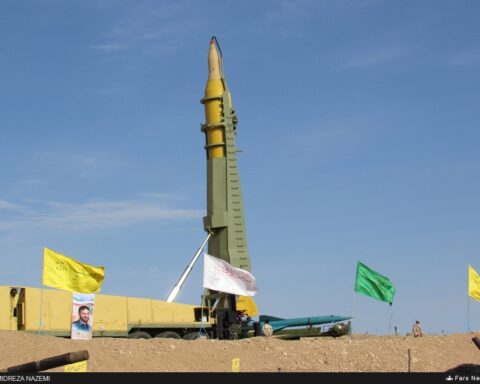On Thursday, when Taiwan celebrated its 113th National Day, President Lai Ching-te reportedly pledged to resist Chinese annexation of his self-governing island nation. This prompted a harsh response from Beijing.
Lai praised Taiwan’s economic and technological advancements and vowed to safeguard its sovereignty during a speech that was closely observed at a National Day ceremony in Taipei.
In May, Lai was inaugurated as president. He has consistently emphasized the importance of maintaining the current relationship with China and has made it plain that his island will resist any potential Chinese aggression.
A tactic that Beijing has frequently employed to intimidate the Taiwanese people, including mass exercises following Lai’s inauguration, is that of launching military maneuvers or exercises after the Thursday speech.
China regards Taiwan as historically part of the mainland.
Though the date does not necessarily indicate that a conflict will occur that year, Chinese leader Xi Jinping has instructed his military to be prepared for a potential invasion of Taiwan by 2027.
However, the United States, which maintains informal relations with Taiwan but is dedicated to providing the nation with assistance, including military weapons, is in the process of preparing its forces to be prepared by 2027 to potentially enter a war on the side of Taiwan.
According to a recent survey conducted by the Chicago Council of Global Affairs, 51% of Americans contend that the United States should promote Taiwan’s preservation of the status quo, while 36% advocated for Taiwan’s outright independence.
Only four percent of respondents expressed their support for unification with China.
However, the poll also revealed that 58% of Americans are opposed to placing U.S. forces in a position where they would be forced to engage in hostilities with China.
[READ MORE: New Poll Shows Trump Trouncing Kamala in Key Swing State]

